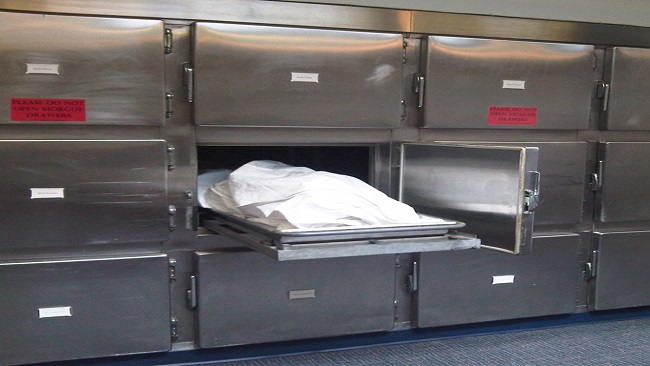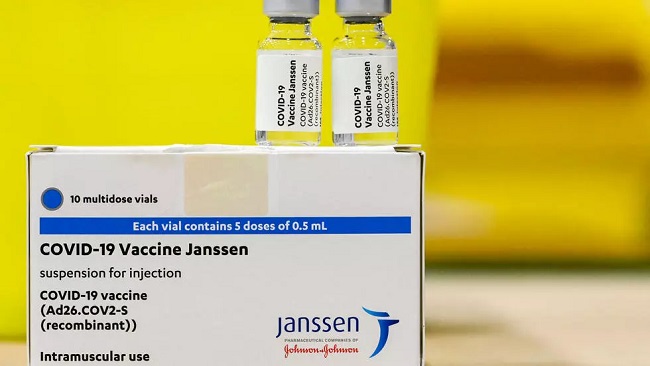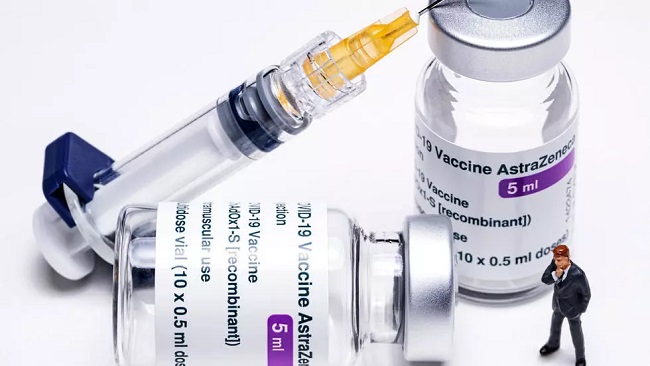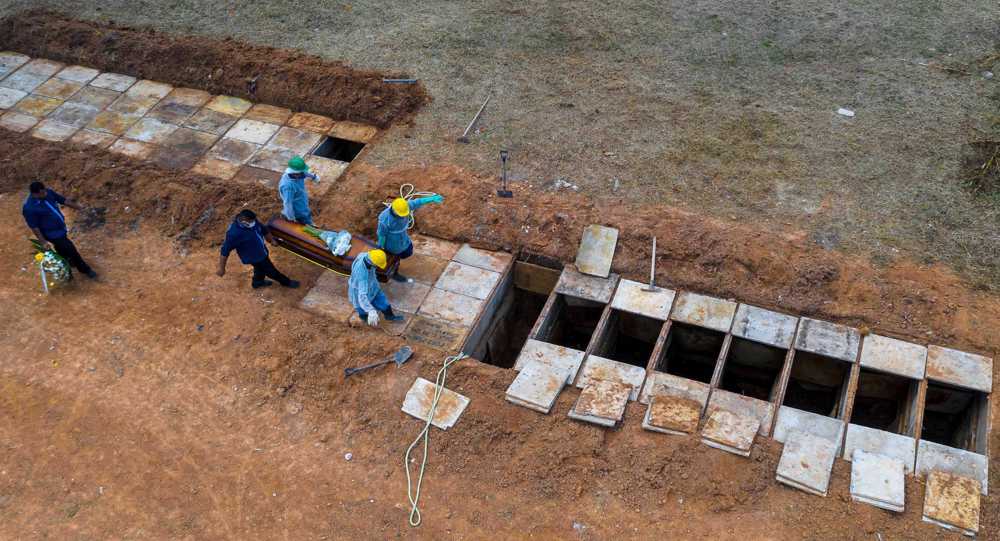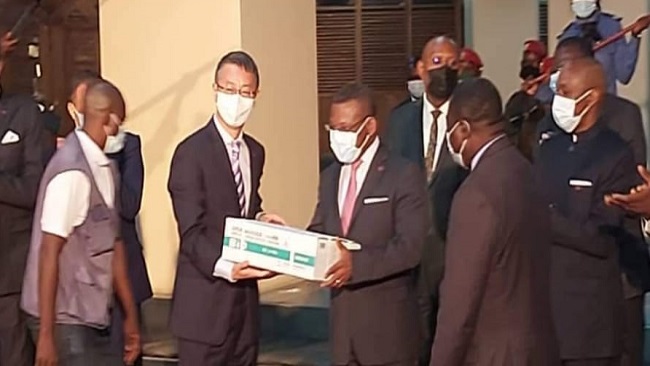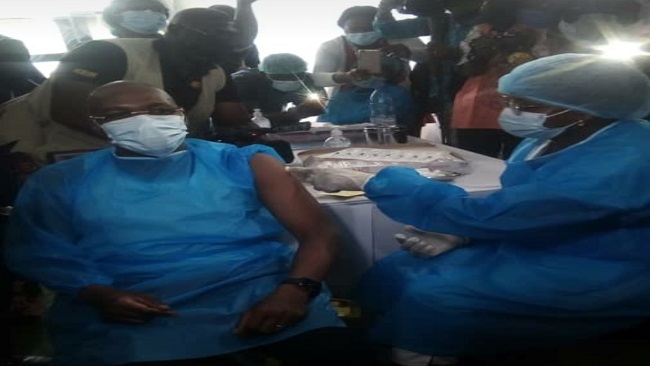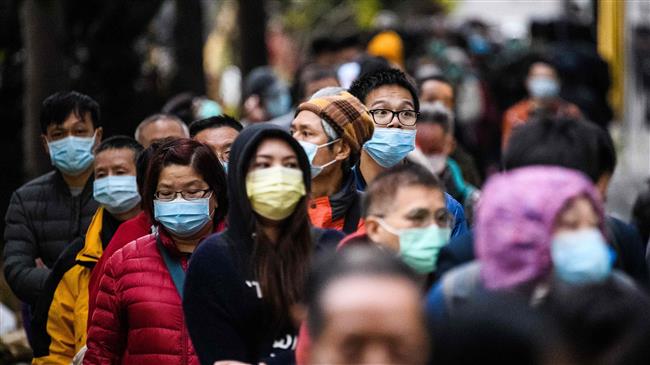COVID-19: Biya regime is performing a mincing dance around the truth
As the COVID-19 pandemic tore through Western Europe and the USA, many infectious disease experts warned that when the pandemic eventually reached Africa, the consequences would be devastating.
In addition, the experts warned that as many African countries had poor healthcare infrastructure, there would not be enough oxygen ventilators available to those who would need them.
The ‘do-nothing policy’ adopted by many African countries on many issues has been the approach of these countries even as this pandemic spreads across the entire continent.
Such is the case with Cameroon now as workers at two major mortuaries in Yaoundé have told Cameroon Concord News Group that they have never seen so many dead bodies before.
One of the sources who have worked at a morgue for over 30 years said, “the government is playing politics by hiding the devasting effects of COVID-19 pandemic from the public.”
He added that “what is annoying to us is the climate that we are working in, many COVID-19-related are not recorded due to the government’s obsession with keeping the official death toll low”.
At another mortuary, an insider said, “We are expected to wash corpses of people who died of COVID-19 without the appropriate protective equipment. Our lives and those of our families are at risk. When we ask for proper protective gear, we are blackmailed as being unpatriotic and ungrateful.”
“The pandemic is going through Cameroon like a hot knife through butter. In a country where superstition, illiteracy and poverty provide a deadly cocktail, the population is still not adhering to the guidelines outlined by the WHO,” he said.
In dealing with the pandemic, Cameroonian authorities are woefully out of their depth,” he added.
Like many things in the country, the authorities are now hoping for divine intervention. At the General Hospital in Douala, an overwhelmed doctor said that “this is simply appalling. Our government is committing genocide by neglect. People are partying, and no one is wearing a mask. When you break the sad news that people are dying or died of COVID-19, their families say you are lying as they insist that they died of witchcraft. It’s a pity.”
With the second wave of the virus rolling many people into an early grave in Cameroon, the government must start taking real and appropriate measures that would help stem the tide of death that is destroying lives across the country.
The government must stop performing its mincing dance around the truth. The virus is decimating communities in urban areas. Lawyers, law-makers, magistrates and other professionals are all being rolled into an early grave by a virus that is no respecter of persons.
By Asu Vera Eyere

